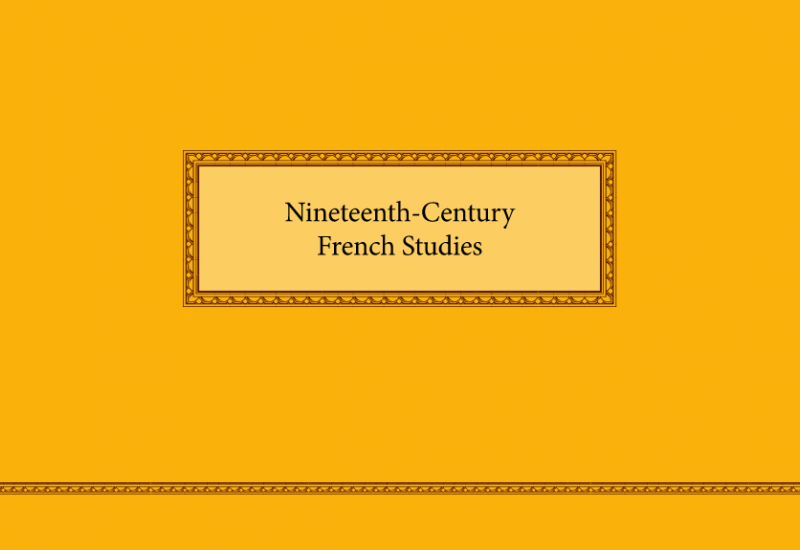
Nineteenth-Century French Studies (ISSN 0146-7891) is an independent journal published twice a year in two double issues. The pages of NCFS provide scholars and students with the opportunity to examine new trends, review promising research findings, and become better acquainted with professional developments in nineteenth-century French studies.